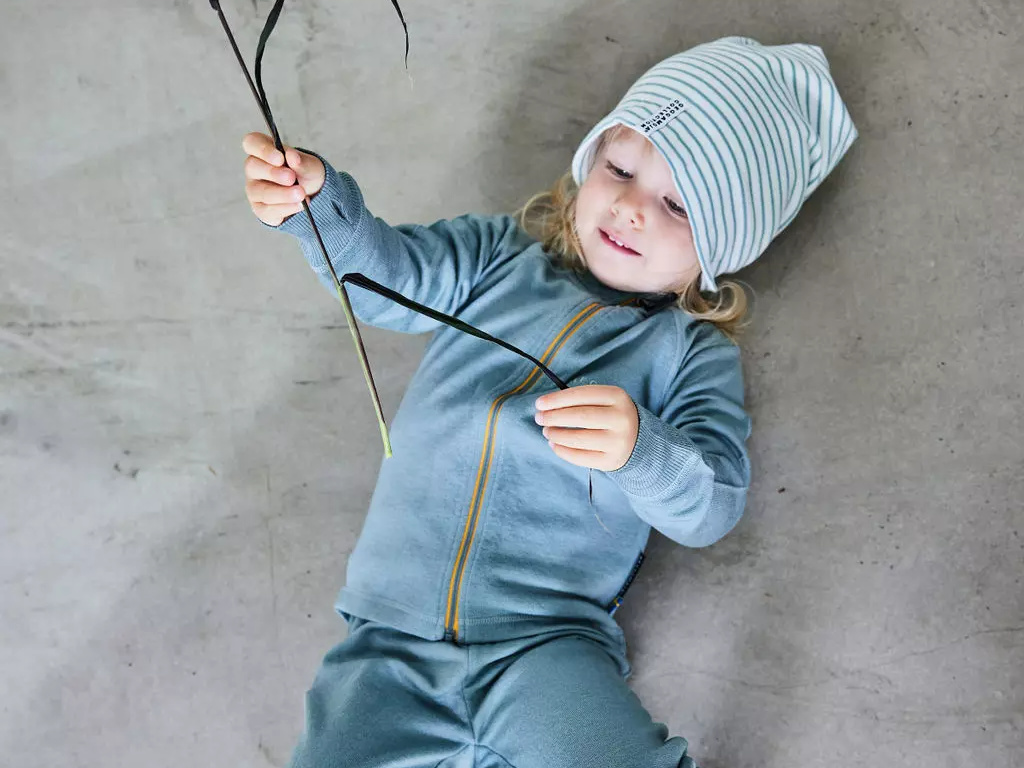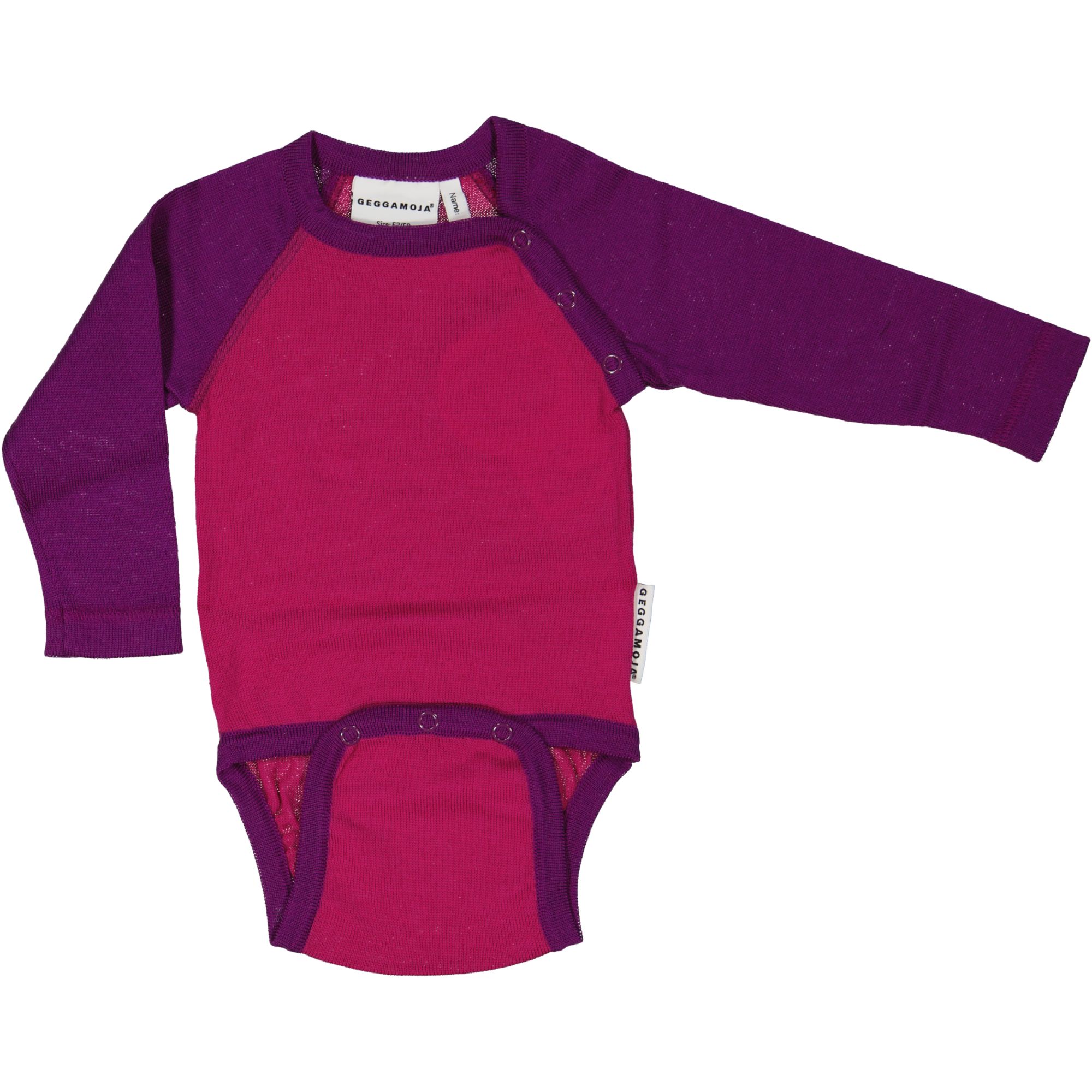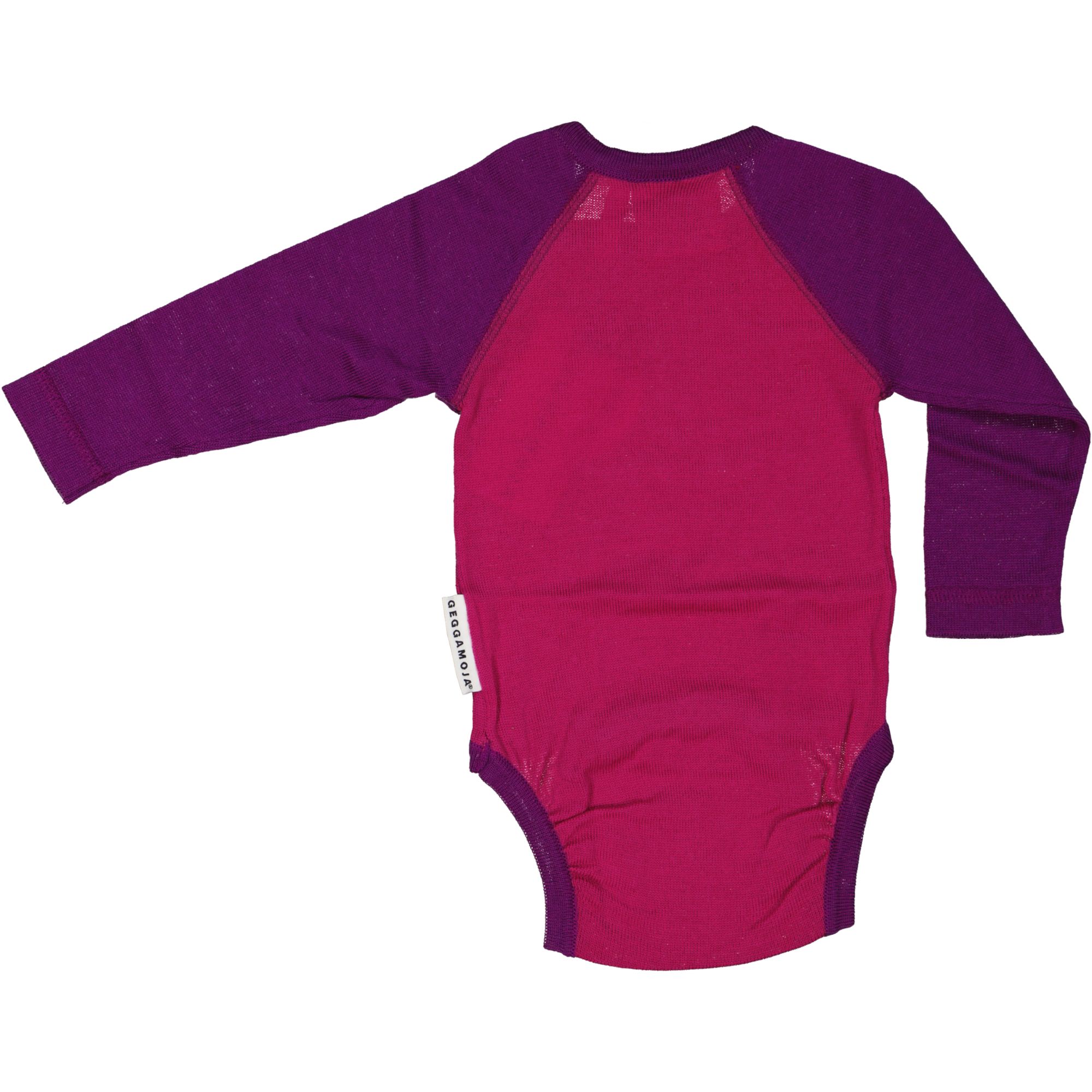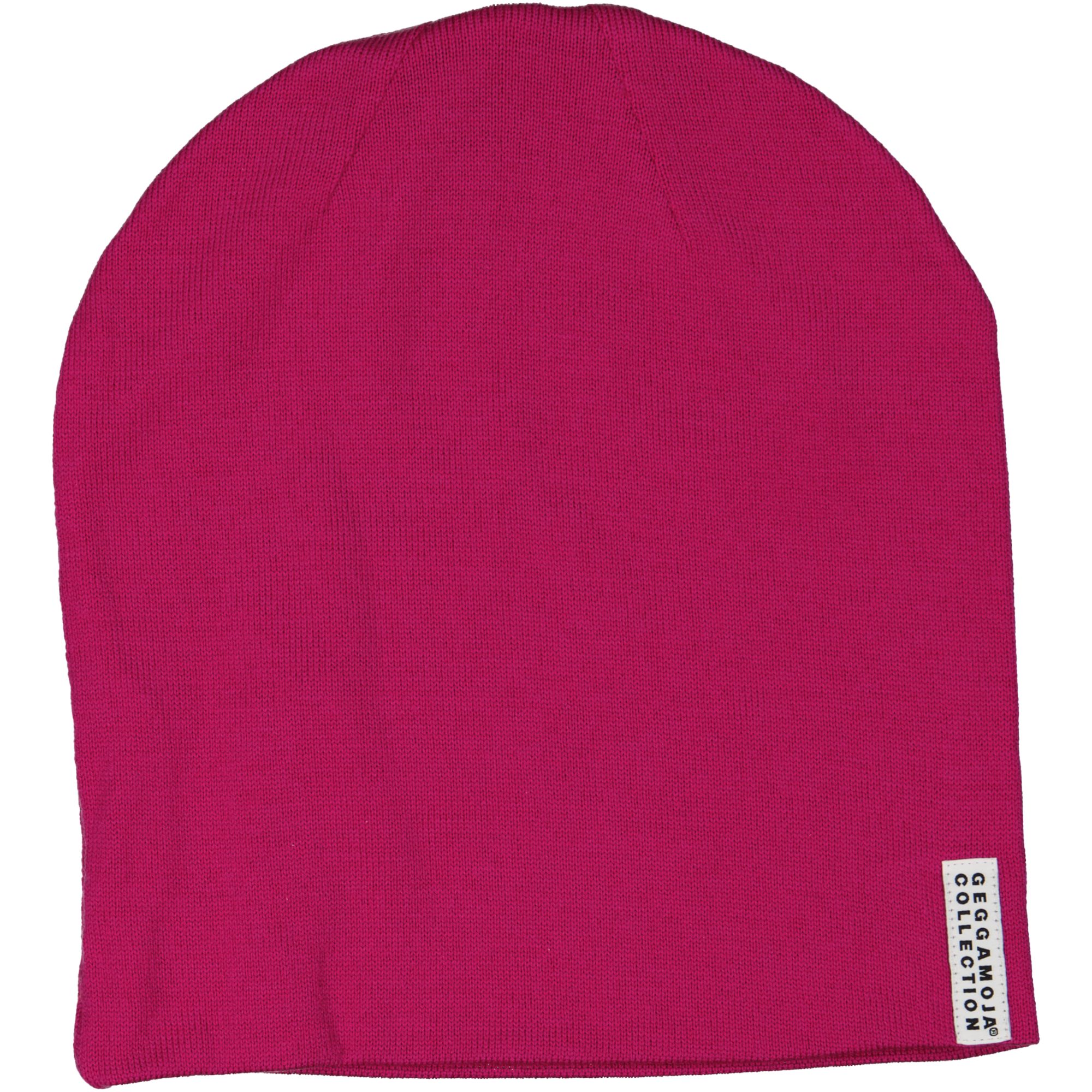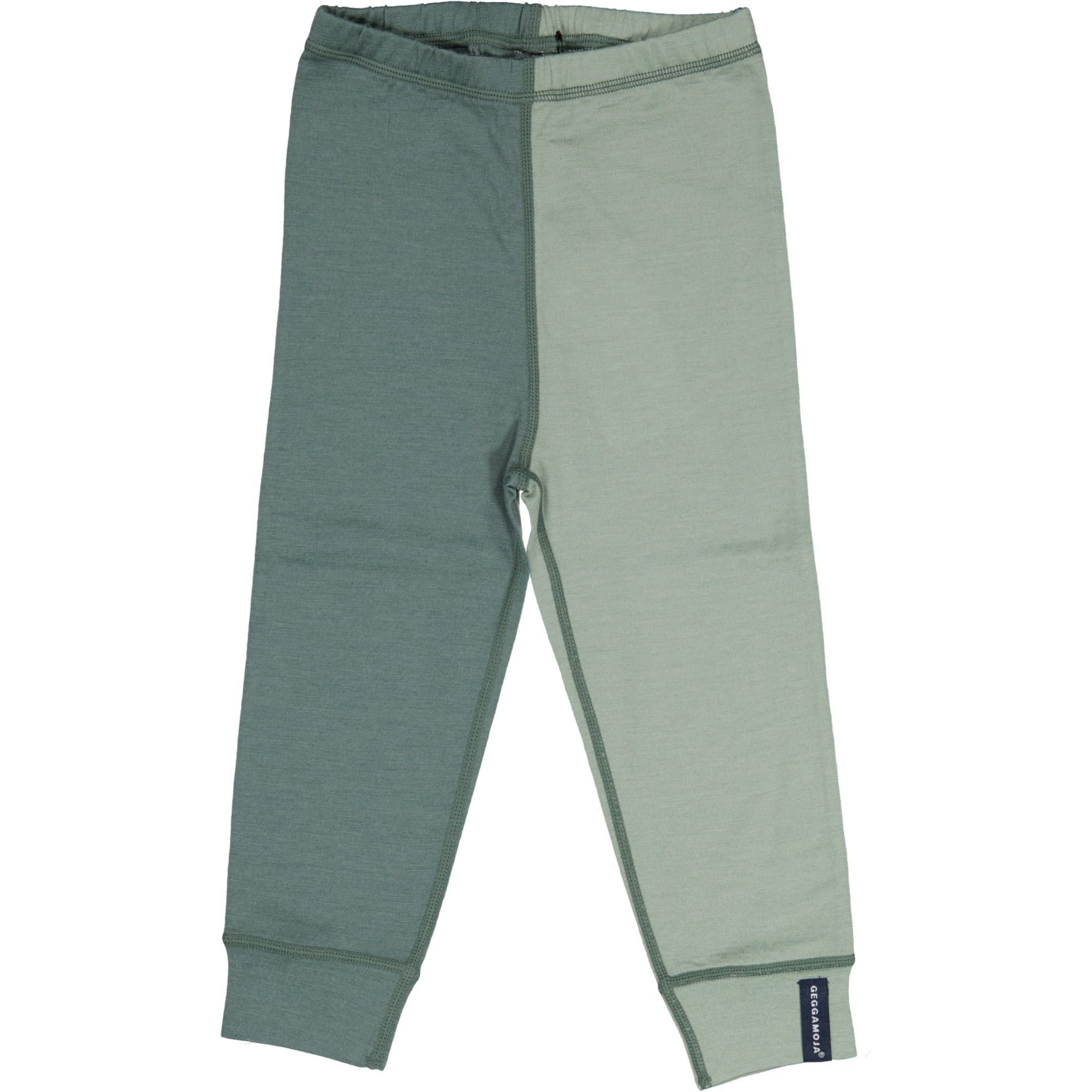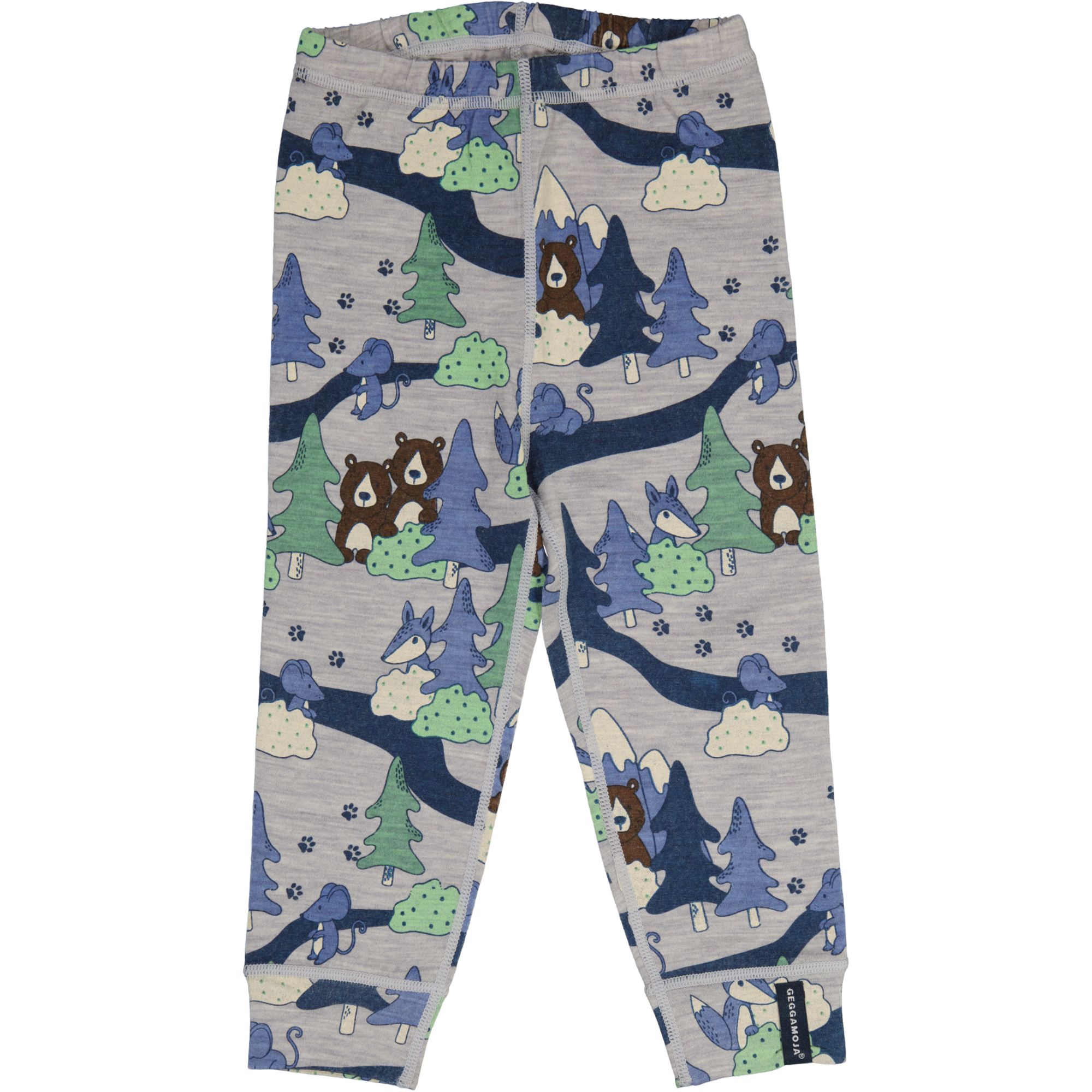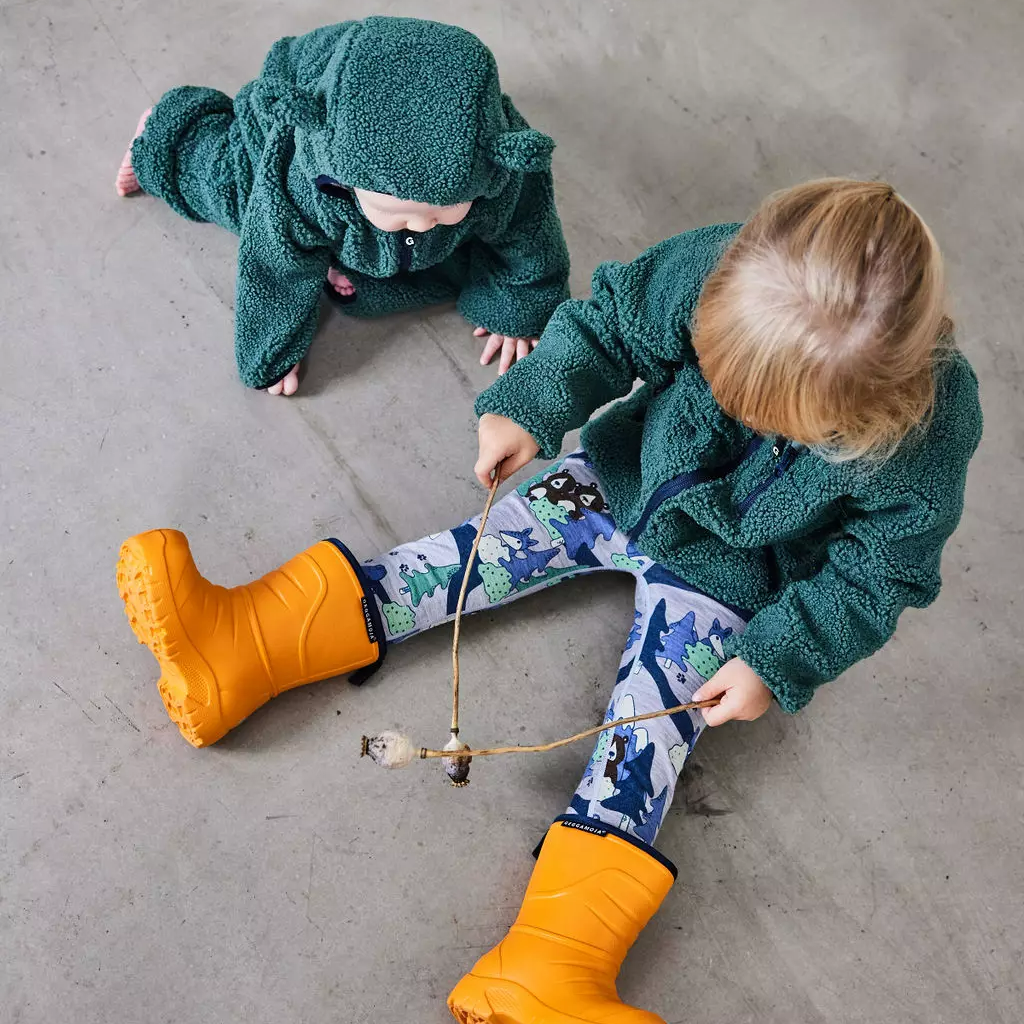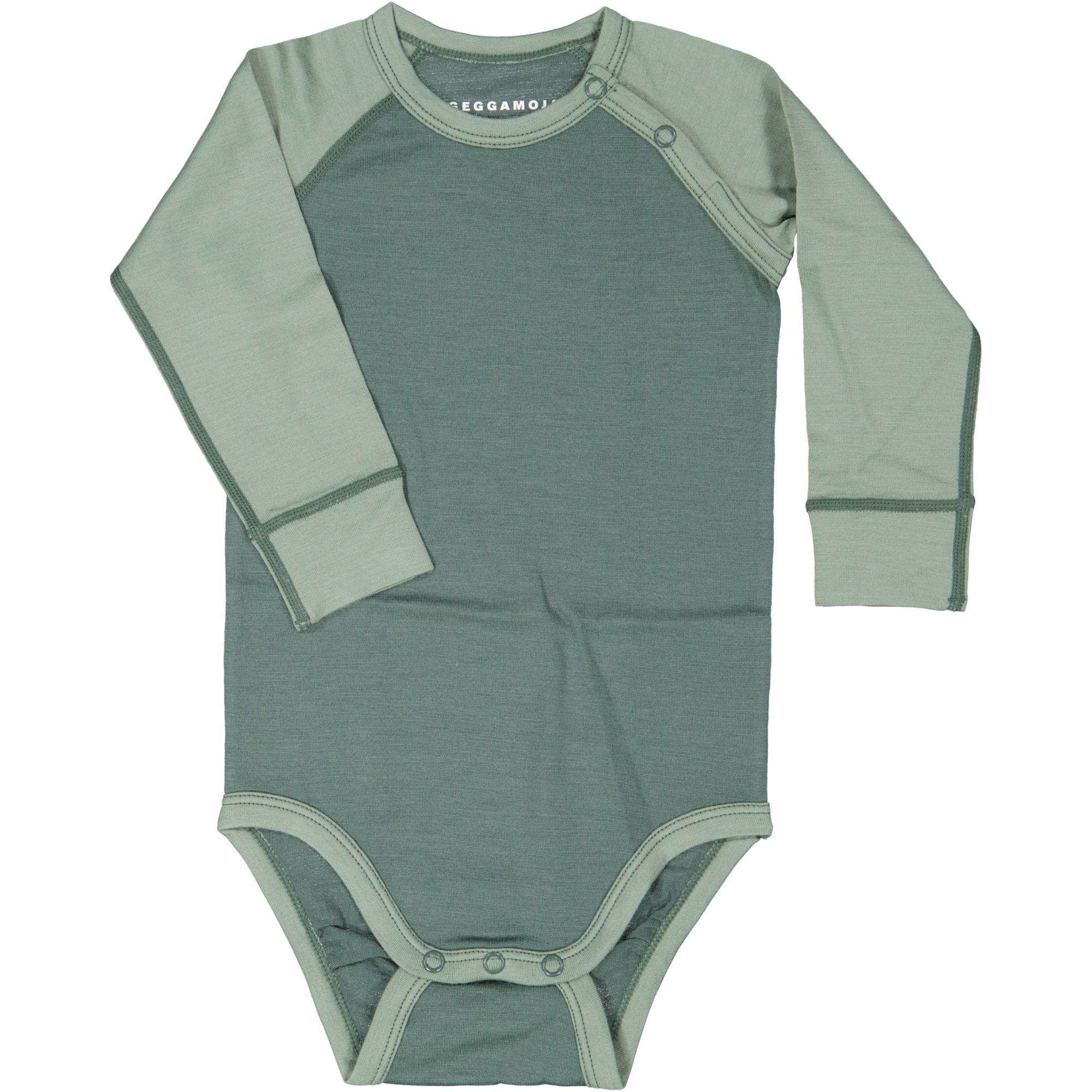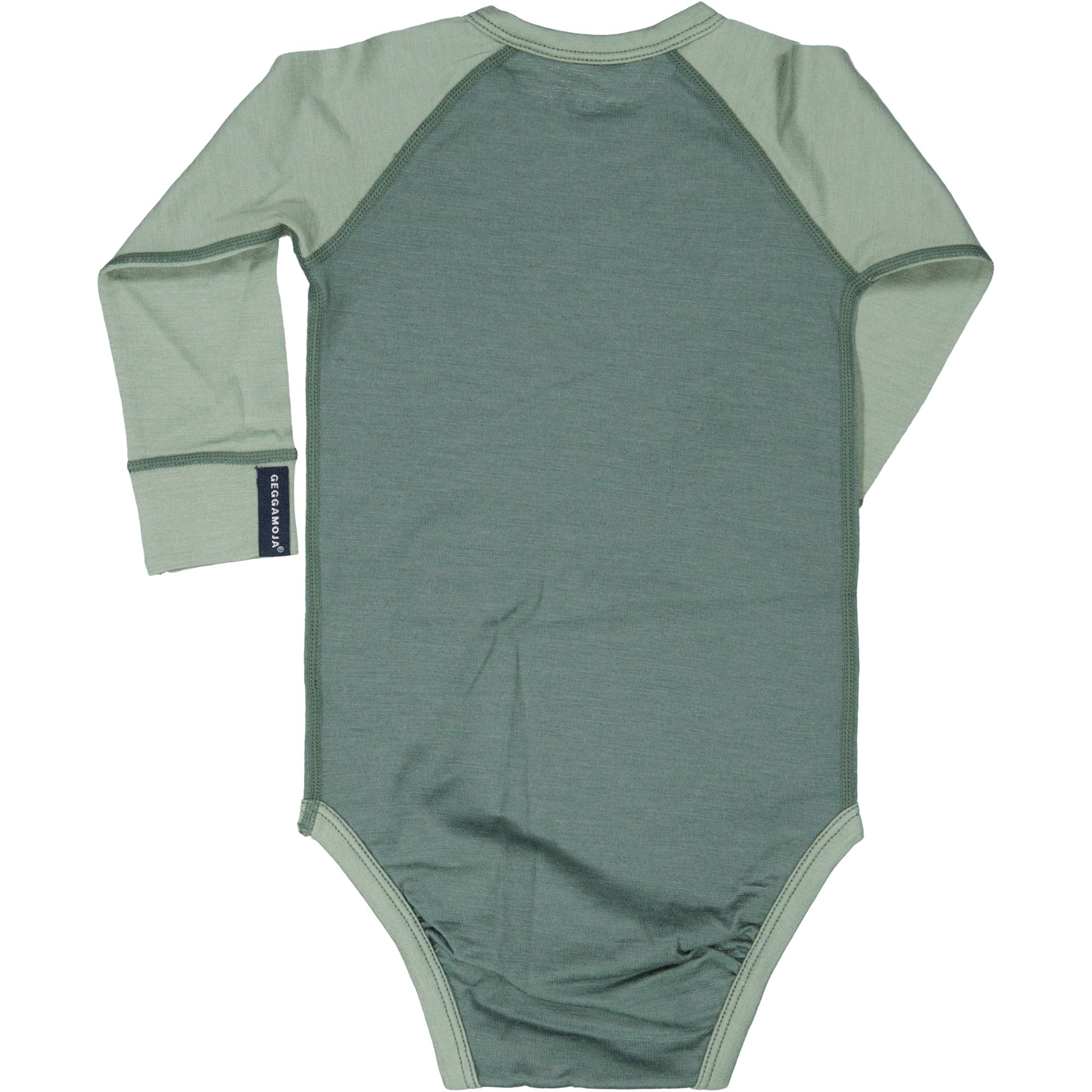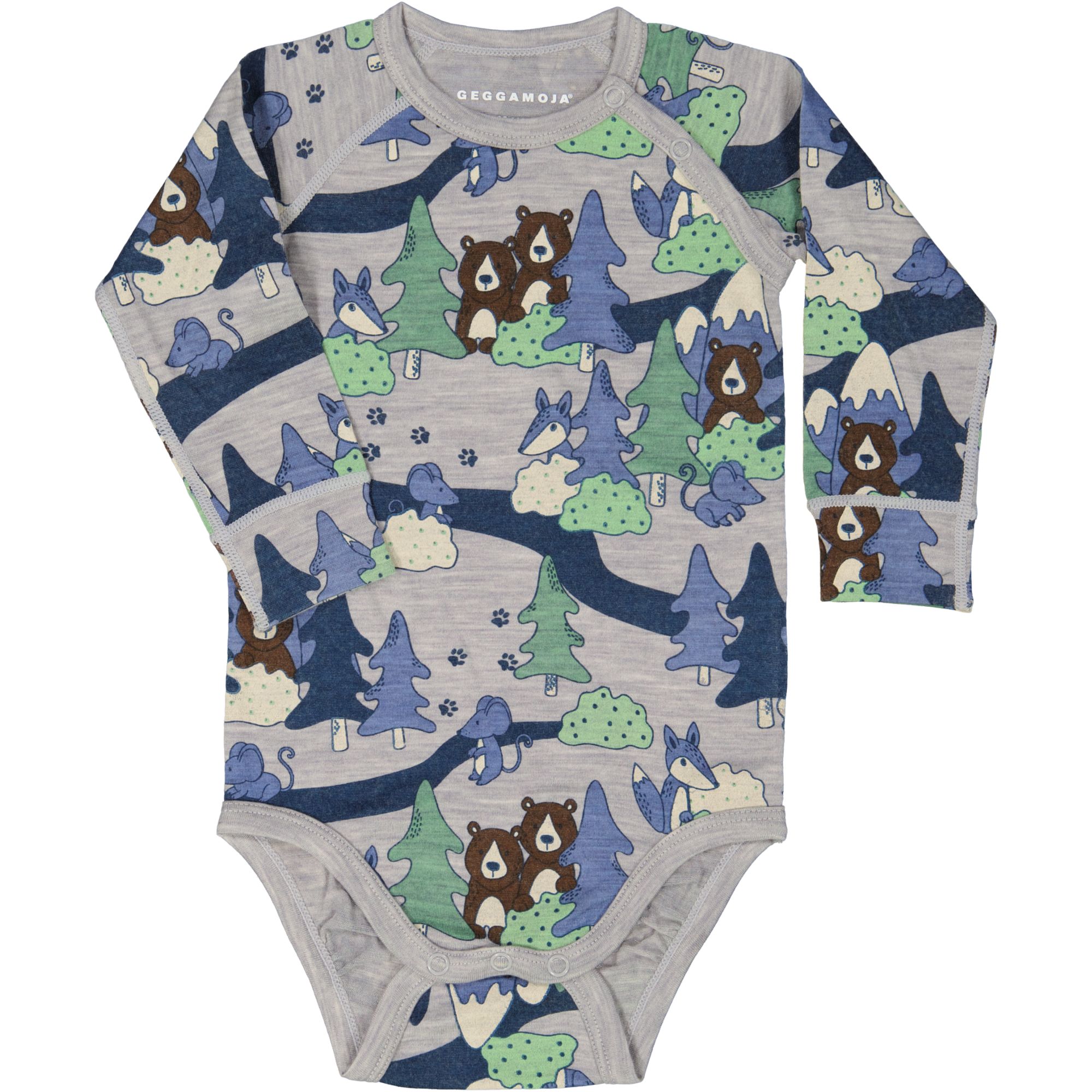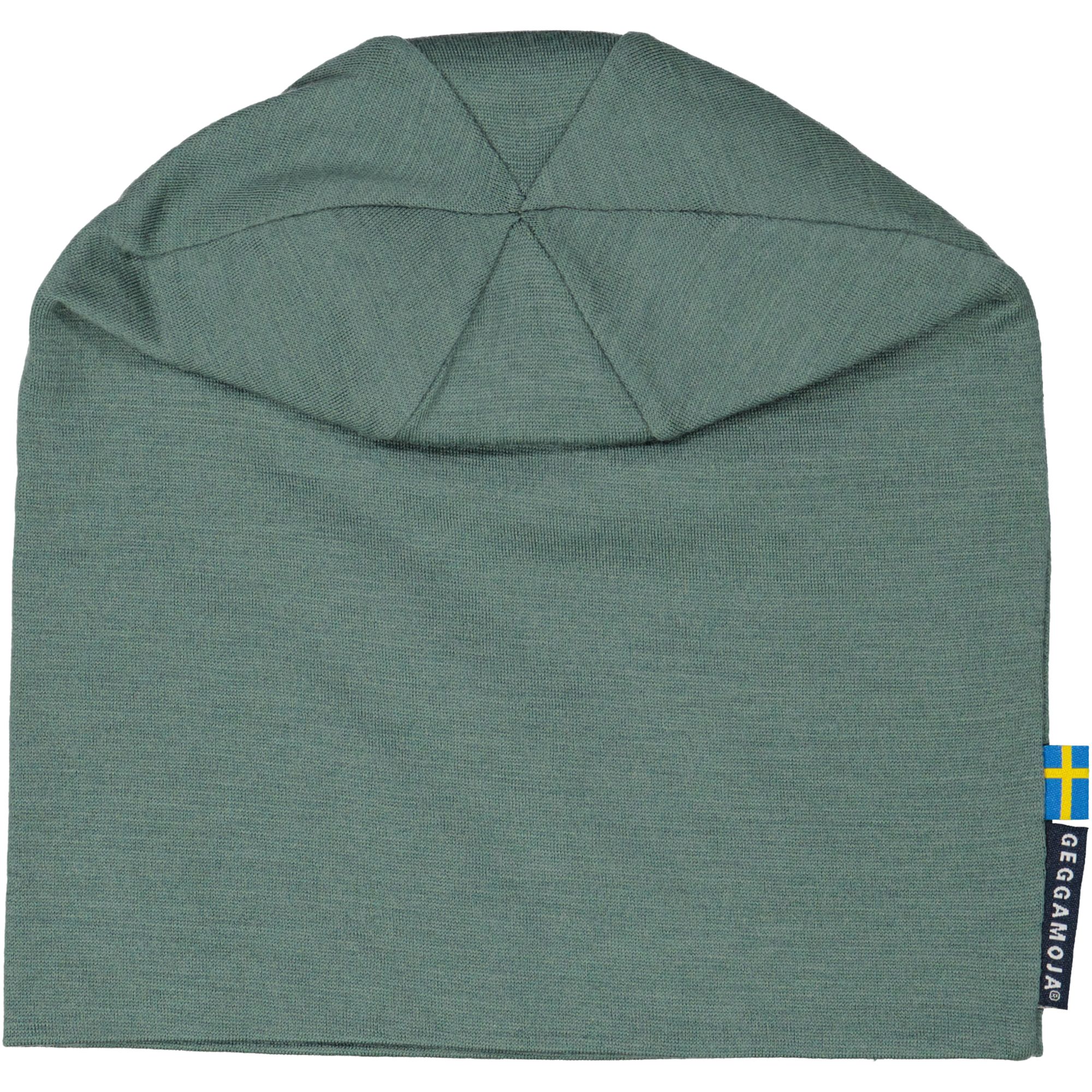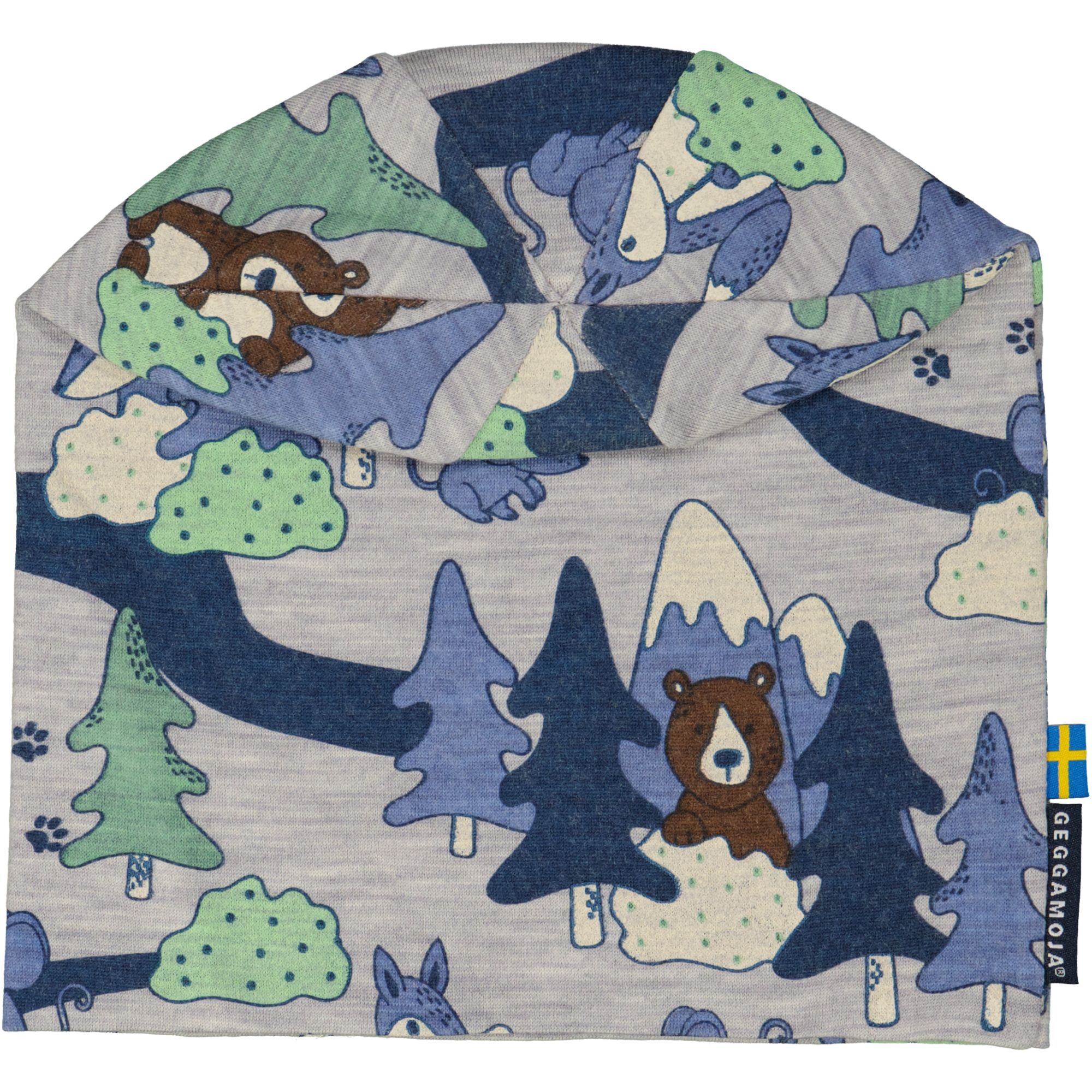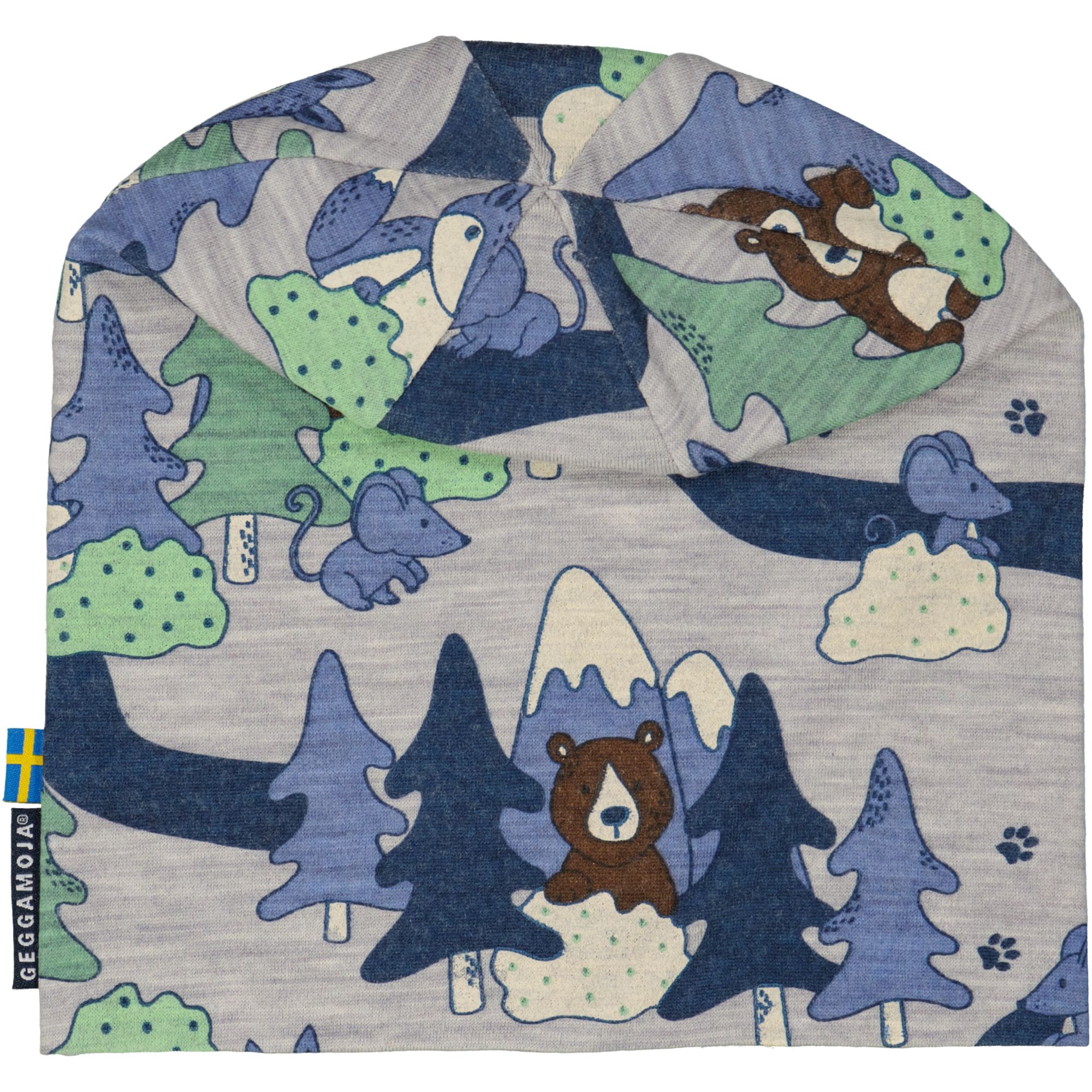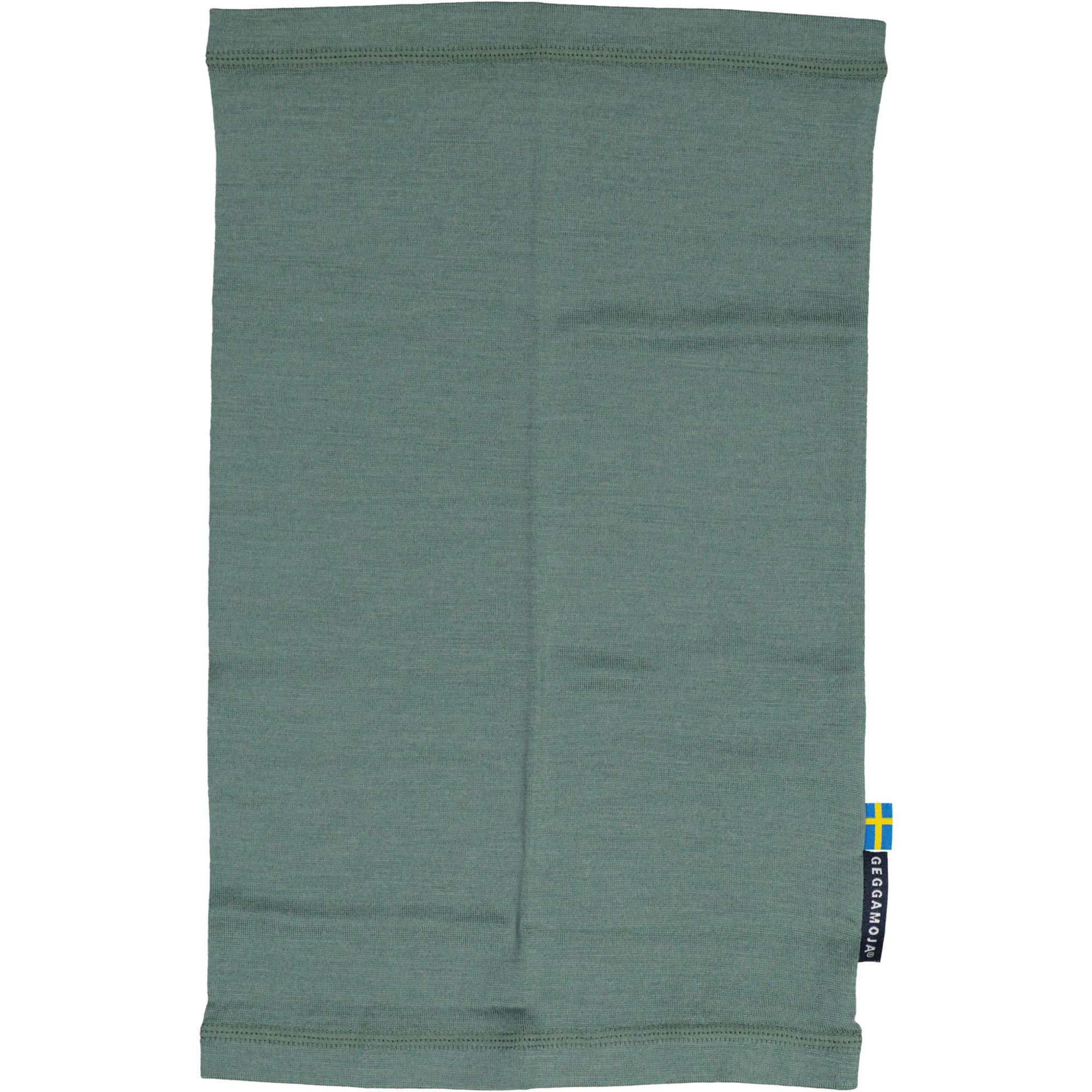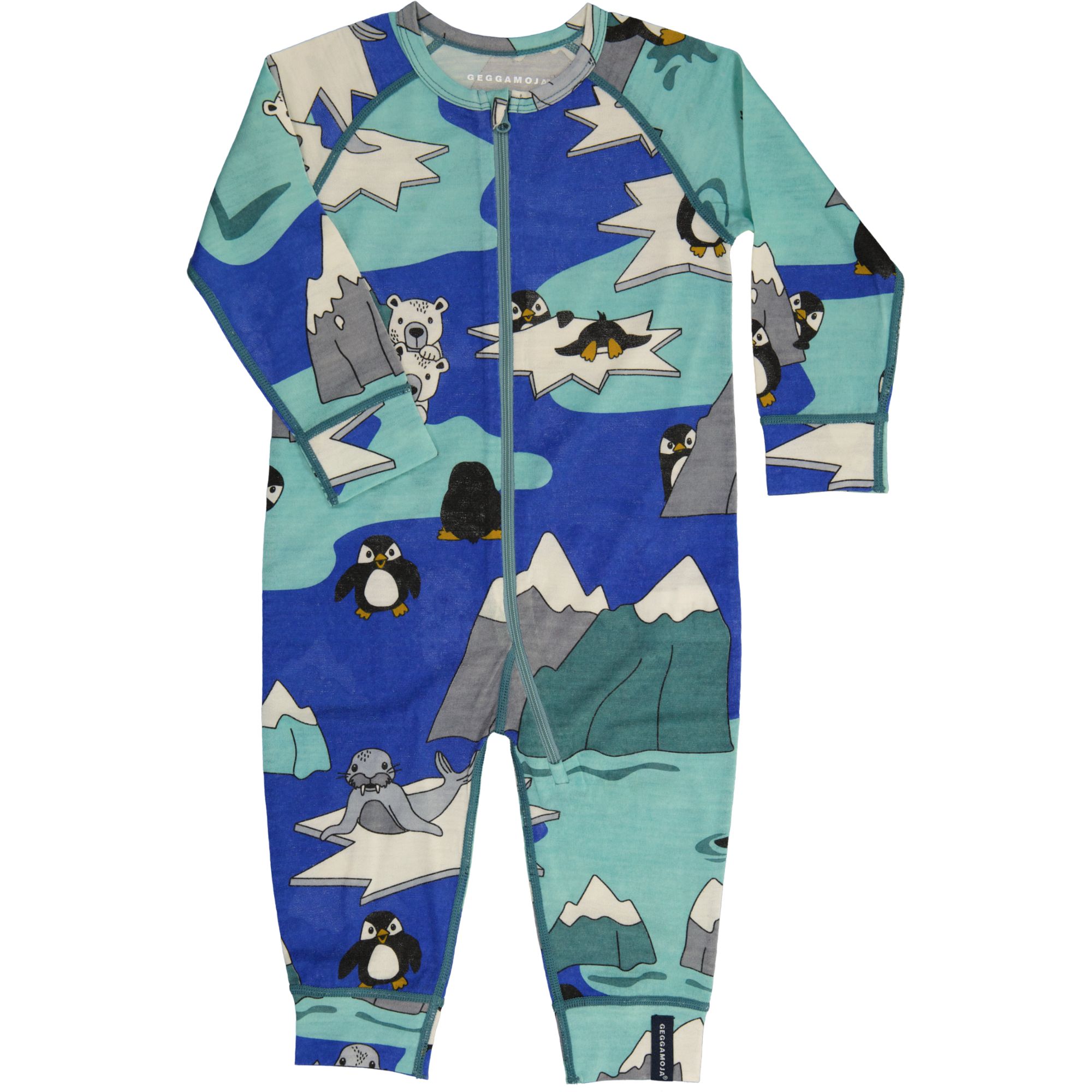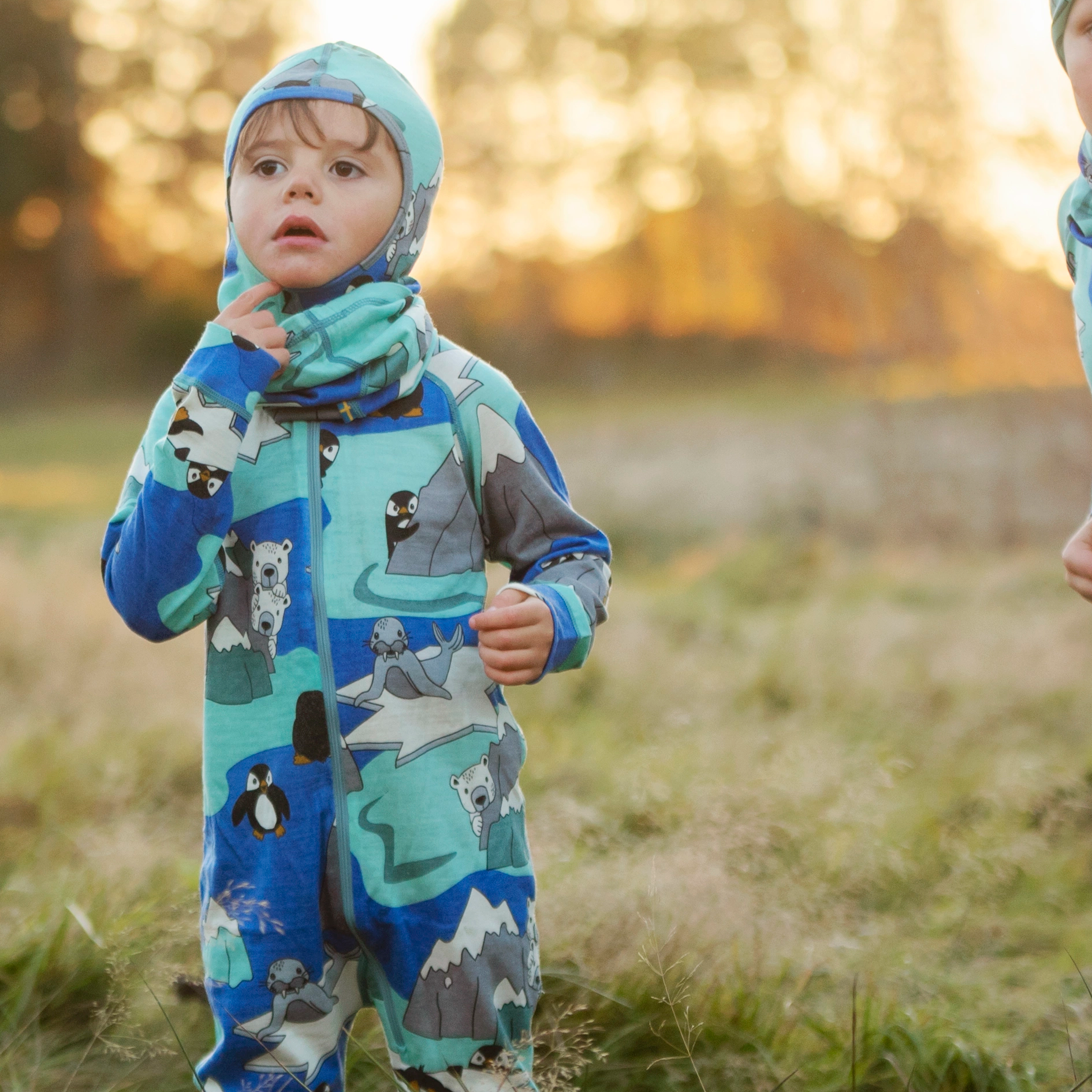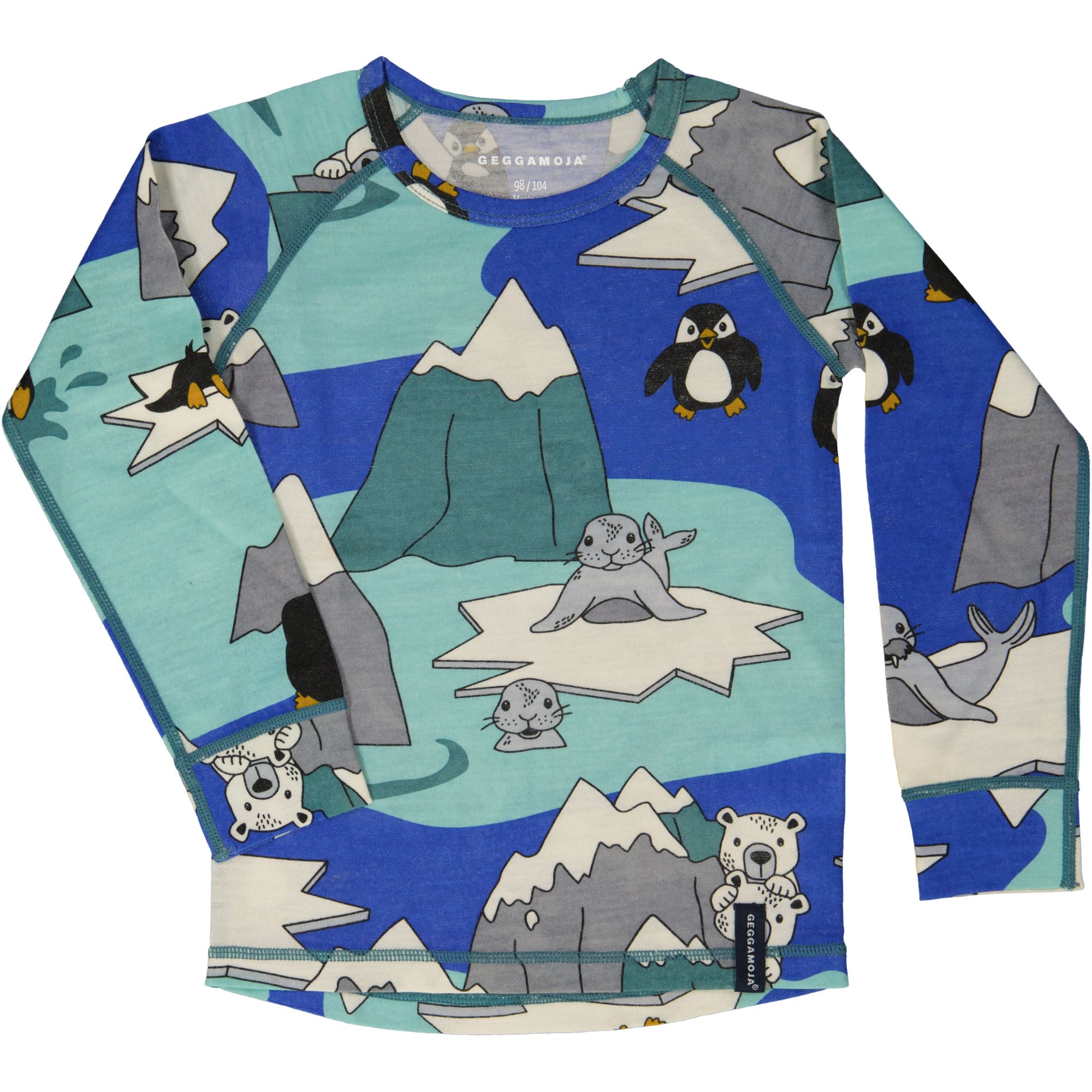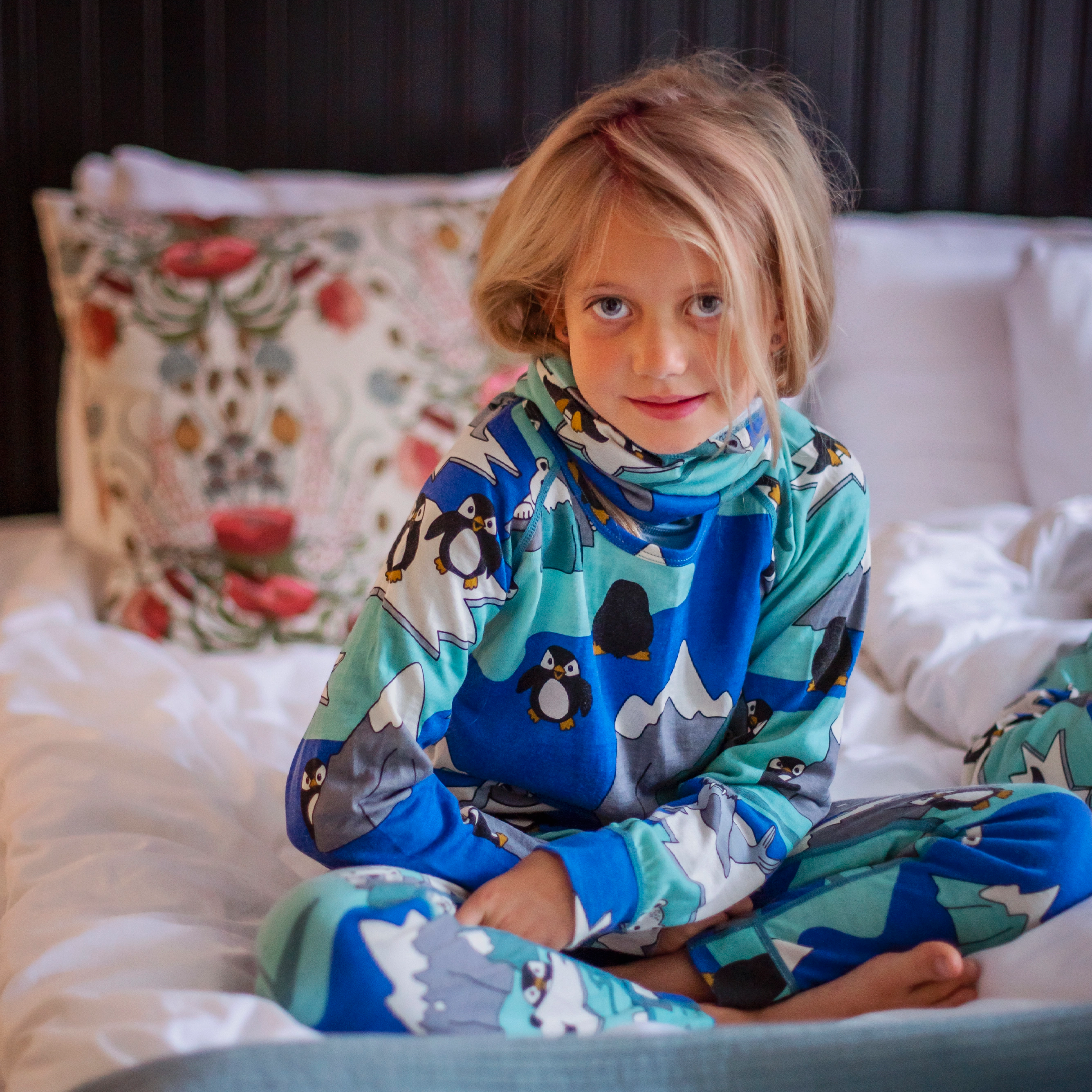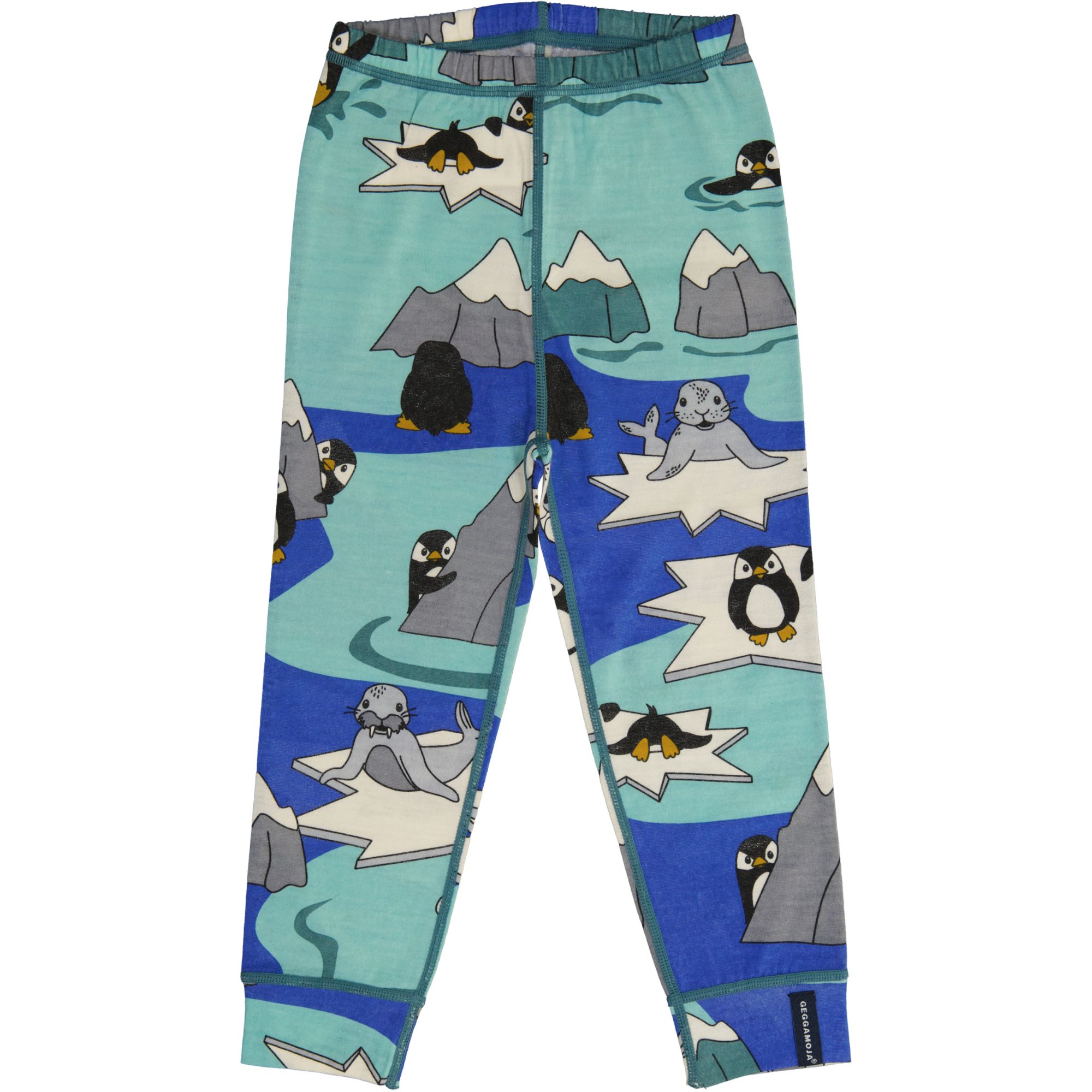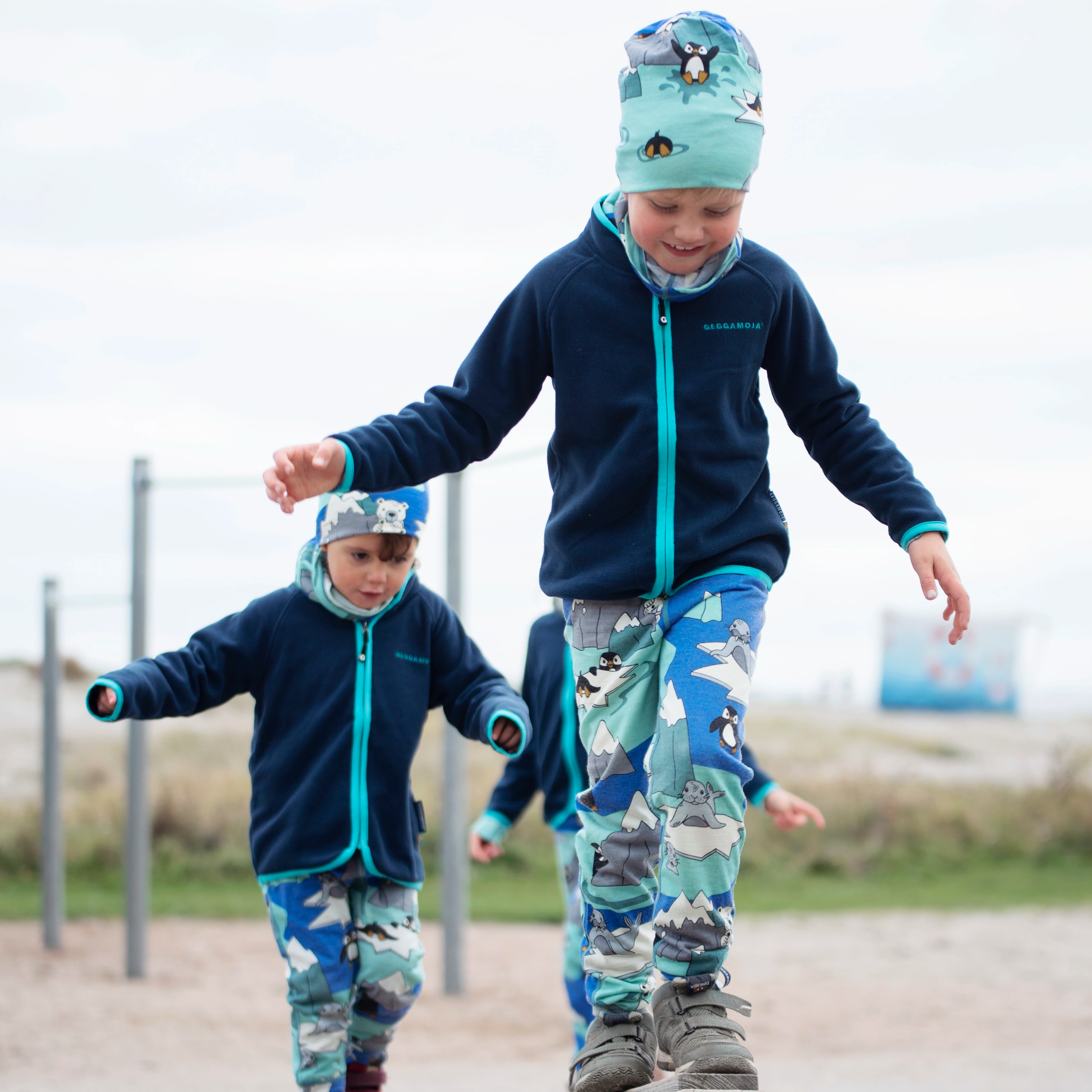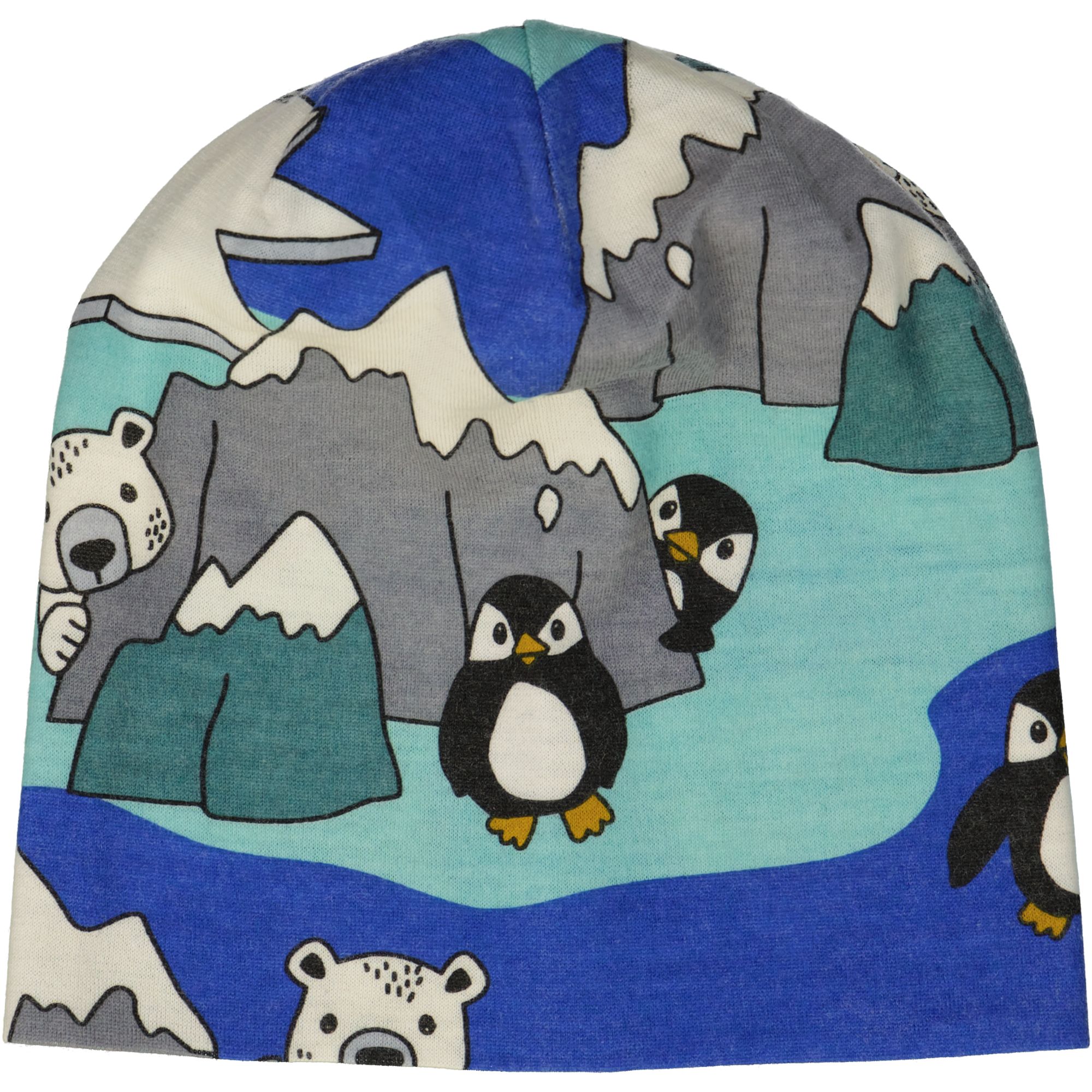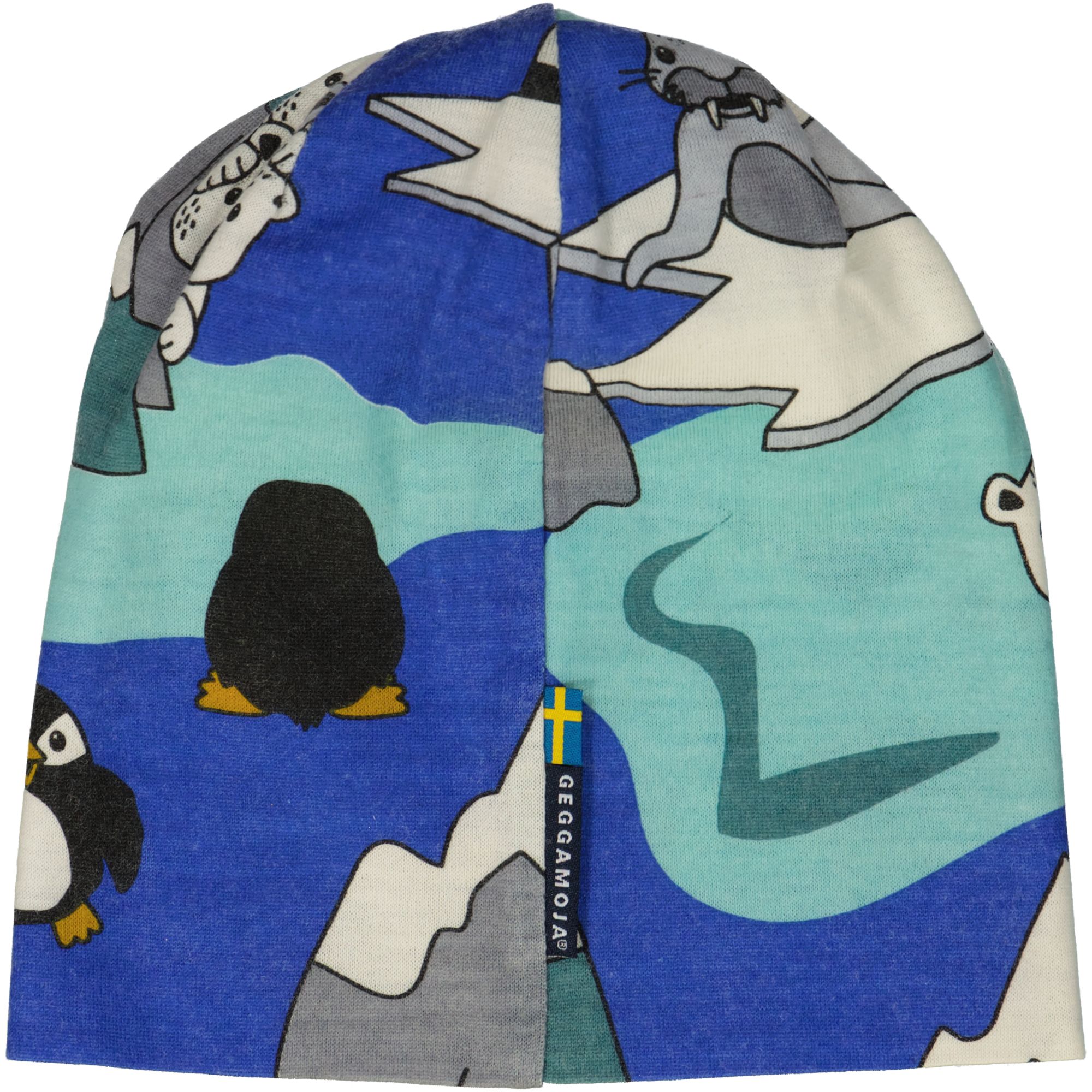Merino wool - we tell you everything you need to know
In this guide, we from Geggamoja take you through the subject of merino wool. A very popular material, perhaps especially in children's clothes. Here you learn more about the merino sheep and what qualities a garment in merino wool has.
What is merino wool?
Wool is a collective name for fur from goats, sheep, llamas and alpaca. Merino wool in particular comes from merino sheep, they live in mountain areas where they are exposed to winter cold as well as high heat. As the wool never stops growing, the sheep need to be sheared to feel good, usually in September-November. The cut and cleaned wool is then spun into thread. What distinguishes merino wool from regular wool is that it is made of finer fibers, which makes it extra soft and non-sticky.
Merino wool is thus a natural material with unique properties, among other things it can bind both water and air. This gives one of the advantages that we love, that wool warms even when it gets damp.
What are the benefits of merino wool?
As early as 10,000 years ago, we know that people used wool to create clothing. The wool's special fibers are resilient and stretchy, which means that they keep the fit for a long time and the garments do not get wrinkled. In addition, it is kind to the environment and with the right care it has a long shelf life.
The first thing many people think of when it comes to woolen garments is that they are warm, and that is absolutely true. However, it is the case that wool is an insulator, if we go back to the sheep, they must handle both heat and cold. Merino wool also fits well when it's hot, it will then work to keep the body cool. Doesn't that sound amazing?
Merino wool clothes are perfect for your sports activities, because they absorb moisture so you feel dry and don't freeze. In addition, merino wool has both antiseptic and antimicrobial properties, which means that the growth of bacteria is inhibited. In other words, you don't have to worry about the garment smelling.
Geggamoja's wool underwear is perfect as layer 1 closest to the body. Regardless of whether it's a day on the ski slopes, the preschool or why not the hockey hall, the woolen garments work perfectly.
How do I care for my merino clothes?
Do not wash wool too often, for the reasons mentioned above it is not necessary. Save water and air the clothes instead. If there have been stains, you can use a gall soap for spot washing.
If necessary, wash at 30 degrees on the wool program in the washing machine or by hand. Remember to use wool detergents that are specially designed not to damage the fine fibers of the wool. When you then dry the clothes, it can be good to dry flat instead of hanging them on hangers as they can lose their shape. You have a garment to use year after year.
What is mulesing-free wool?
The Merino sheep's wool is long and dense and can be attacked by fly attacks, to counteract this you carry out so-called mulesing on them. It is an operation that is both painful and cruel to the sheep and causes great pain. Mulesing-free merino wool only comes from sheep that have not undergone this procedure. The animals are very important to us and we are strongly opposed to painful animal handling. Therefore, Geggamoja only uses manufacturers where we are sure that the wool is mulesing-free.
We hope this guide taught you more about merino wool. Also take the opportunity to read our guides on cashmere, bamboo and cotton.
Do you have questions or want to talk more? Get in touch with us at support@geggamoja.com or +468-758 28 82.

